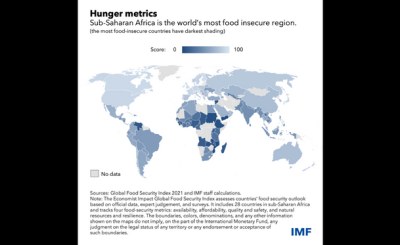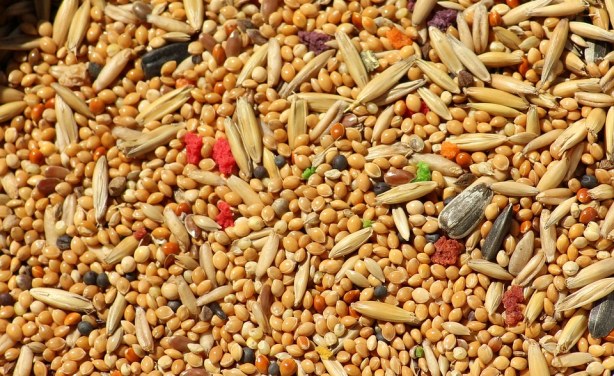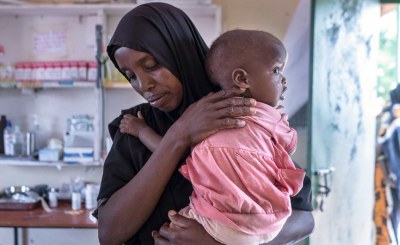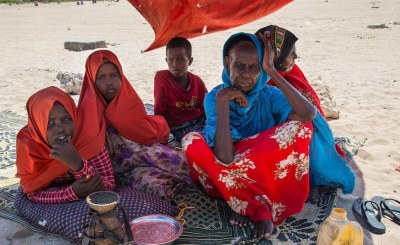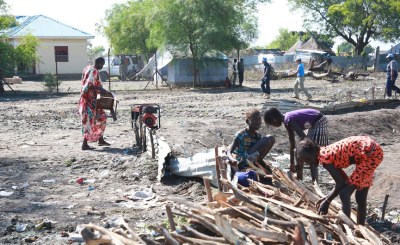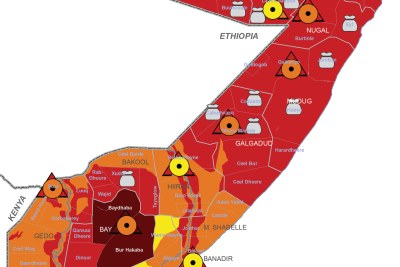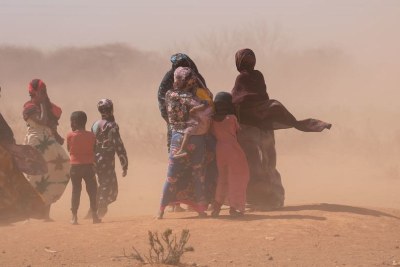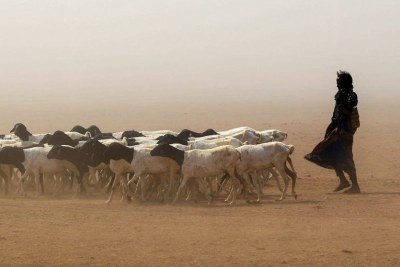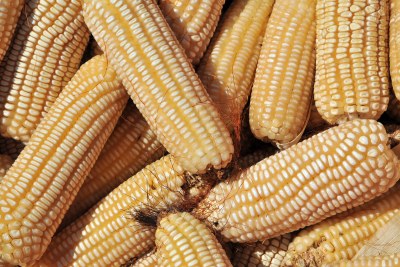-
Africa: How Continent Can Escape Chronic Food Insecurity Amid #AfricaClimateCrisis
IMF, 15 September 2022
The toll of extreme weather events on crops underscores the region's challenges and need for policies to save lives and protect livelihoods. Read more »
How Africa Can Avert Food Crisis Amid Climate Emergency
Climate events, which destroy crops and disrupt food transport, are disproportionately common on the continent. One-third of the world's droughts occur in sub-Saharan Africa, and Ethiopia and Kenya are enduring one of the worst in at least four decades. Countries such as Chad are also being severely impacted by torrential rains and floods.
Food supplies and prices are especially vulnerable to climate change in sub-Saharan Africa because of a lack of resilience to climatic events, food import dependence, and excessive government intervention.
According to the International Monetary Fund, financing, capacity development, and transfer of technology and know-how will be key to supporting the policies outlined above. With mounting debt and limits to raising taxes, countries in sub-Saharan Africa will need grants and concessional finance. Development partners can also support resilience-building research and can propagate climate and financial literacy.
InFocus
-
The number of children aged between six and 59 months who are at risk of severe acute malnutrition has increased by a third since June, from 386,000 to 513,000, says the UN ... Read more »
-
The Somali government received 40 containers of food aid from the United Arab Emirates on August 13, 2022, amid concerns over famine in the country. The drought has already ... Read more »
-
Drought-ridden parts of the Greater Horn region are bracing for a fifth successive failed rainy season, which will aggravate the crisis in the region, impacting millions and ... Read more »
-
The elections in August offered Kenyans a temporary distraction from some of the challenges the country is facing. At the top of these challenges is food insecuri Read more »
